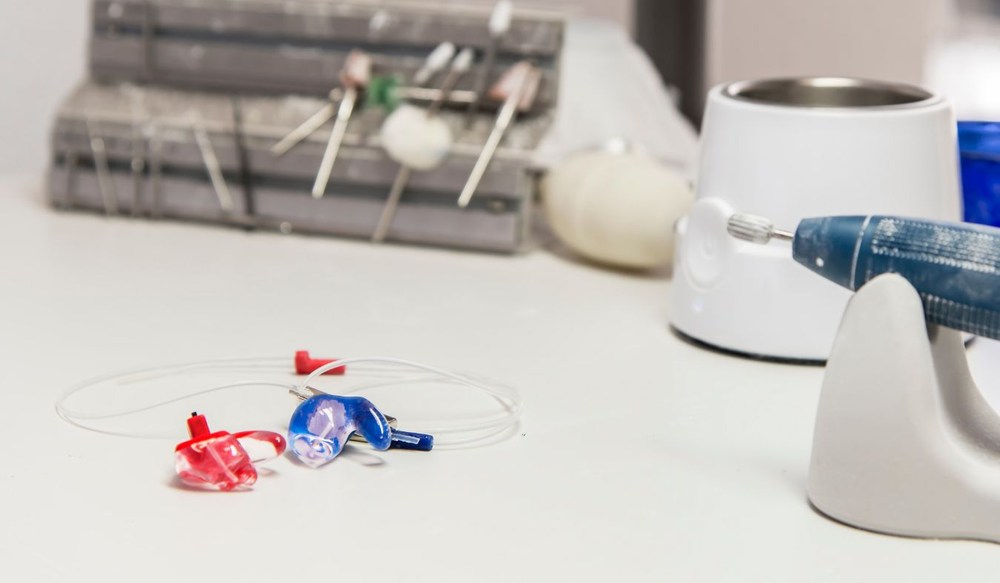Being socially disconnected from the world can have adverse effects on your health. Minimal interaction with people around you can affect your mental health, causing you to feel lonely and depressed. Likewise, when you’re experiencing hearing loss, it’s normal to step away from social situations to avoid the embarrassment of your hearing loss showing through.
Whether your hearing loss is a new symptom, or you’ve had problems for an extended period of time, there are many ways you can step back into a social situation with confidence and the correct hearing ability.
Visiting a hearing specialist
Your first port of call should always be your hearing instrument specialist (HIS), as they can assess your hearing situation and advise the best course of action. Before your appointment, be sure to prepare things such as:
Medications and your medical record
Your HIS will benefit greatly from having access to your current and past medications, because some medications like viagra can cause hearing loss. Remember to list everything you’re using, including any over the counter medications you’re taking.
Likewise, you should also prepare your medical record for your HIS, as underlying problems such as heart disease can also cause hearing loss. If you don’t have access to your medical records, you can either request them from your Doctor or your HIS may do so themselves too. Providing both your medications and your medical record will help your HIS diagnose your problem faster.
Any questions or worries you may have
It’s totally normal to have questions and worries about why you’re experiencing hearing loss. Write them down before your appointment and your HIS will be able to talk through them with you to put your mind at ease.
Your hobbies and lifestyle
If you enjoy activities that might affect your hearing such as swimming, singing or playing an instrument, you should mention this at your appointment. Your HIS will be able to determine the best course of treatment and preserve your natural hearing so that you can continue doing the things you love
Where your trouble lies
If possible, make notes on where you’re experiencing your hearing loss. Perhaps when you’re in a large crowd you find it hard to hone in on the person you’re talking to, or you’re finding that you’re watching TV at a much higher level. This will help your HIS determine the source of the problem.
Choosing the right hearing aids
There are many different types of hearing aids, and depending on the severity of your hearing loss, you may be able to choose some that fit your preferences and lifestyle.
In-the-ear (ITE) hearing aids
ITE hearing aids are a great option. The conventional ITE hearing aid comes in various sizes and is usually worn entirely inside the ear or ear canal. It is easy to adjust the volume, and programs can be selected using a remote control. Many models can be connected to electronic devices such as mobile phones and TV sets wirelessly, but to achieve this you may need extra accessories.
Behind-the-ear (BTE) hearing aids
A BTE hearing aid is another alternative. These are suitable for individuals with mild-to-severe hearing loss and fit in the outer ear comfortably, extending all the components behind the ear to the housing.
In-the-canal (ITC) hearing aids
ITC devices are very similar to ITE hearing aids. Slightly smaller, they sit only in the lower part of your ear, filling the ear canal but not the whole ear canal. ITCs are made up of a custom earmold, promising a comfy fit with a relatively small and unobtrusive design.
ITC hearing aids tend to be much smaller, which means other people are less likely to notice them. However, because of their small size, this means that they are not as powerful as other options, such as hearing aids like BTE.
Completely-in-canal (CIC) hearing aids
CIC hearing aids are put into the ear canal directly, making them one of the most discreet hearing aids on the market. However, they may not have as many advanced characteristics as other, larger models because of their smaller size.
Invisible-in-canal (IIC) hearing aids
IIC hearing aids are worn deep in the ear canal and are perfect for those with an extremely active lifestyle and for those that may want a more discreet hearing aid.
For more information and advice on staying socially connected, or questions about your hearing loss, call Better Hearing of Madison County at (315) 693-3637.


